To ensure higher legality, stability and long-term sustainability for e-commerce, the Ministry of Industry and Trade proposes to develop a Law on E-commerce with 5 major policies.
Special method of commercial operation
The Ministry of Industry and Trade said that currently, the e-commerce sector is being centrally regulated, mainly in two documents: Decree No. 52/2013/ND-CP dated May 16, 2013 of the Government on e-commerce (Decree 52), Decree 85/2021/ND-CP dated September 25, 2021 amending and supplementing a number of articles of Decree 52 (Decree 85). However, because these two documents are at the Decree level, they are not enough to regulate important issues in e-commerce.
In addition, the rapid development of science and technology, the emergence of many new business models, diverse in terms of subjects, complex in nature and from the practice of state management in this field, have led to policies and regulations on e-commerce revealing some shortcomings and limitations.
To ensure higher legality and stability of legal documents, the Ministry of Industry and Trade proposes to develop a Law on E-commerce instead of maintaining documents at the decree level because laws have higher legal value than decrees, and are the basis for regulating important, principled and comprehensive issues in the field of e-commerce.
“The decree must be issued on the basis of a law. Without a base law, the decree will not be strong enough to regulate important issues in the field of e-commerce. Moreover, e-commerce is a complex field, involving many parties, both domestic and foreign, so it is necessary to have a stable, long-term legal framework to regulate it,” the Ministry of Industry and Trade affirmed.
The state management agency for e-commerce also said that many countries in the world have built the Law on E-commerce, specifically: Malaysia, Cambodia, Philippines, Hungary, Romania, Macedonia, Ireland, Malta, Luxembourg, Iran, China... "In general, many countries build the Law on E-commerce based on the concepts and principles of the UNCITRAL Model Law on E-commerce, in which, basically, countries recognize the legal value of electronic data messages to create a safe legal environment for e-commerce activities" - the Ministry of Industry and Trade informed.
Some other countries, although not developing an e-commerce law, have their own regulatory documents for this field. For example, the European Commission issued the Directive 2000/31/EC on electronic commerce in 2000 and more recently the Digital Markets Act.
Indonesia issued Regulation No. 80/2019 on e-commerce (Reg 80/2019), Regulation No. 31/2024 on business licensing, advertising, guidance and supervision of commercial enterprises via electronic systems (replacing Regulation No. 50/2020)...
 |
| In the world, many countries have built e-commerce laws. |
On the other hand, some countries build laws related to e-commerce from the perspective of consumer protection with the aim of enhancing consumer confidence in e-commerce, thereby promoting the healthy and sustainable development of this field.
Japan enacted the Act on the Protection of consumers who use digital platforms for shopping.
South Korea enacted the Act on the Consumer Protection in Electronic Commerce. India enacted the Consumer Protection (E-commerce) Rules, 2020 under the Consumer Protection Act, 2019.
“The experience of building a legal framework for e-commerce in most countries and regions shows that the parties agree that e-commerce cannot be considered just a form of commercial activity, but must be considered a special form of commercial activity, with many potential complications, requiring separate legal documents to regulate specific aspects of this field,” the Ministry of Industry and Trade emphasized.
At the same time, the Ministry affirmed that, in order to keep up with the general trend of the world, Vietnam needs to develop an E-Commerce Law to comprehensively regulate this field, contributing to protecting the rights of participating parties, promoting innovation, and creating motivation for Vietnam to develop the digital economy.
Five major policies
Based on the assessment of implementation practices and identification of necessary contents that need to be supplemented and completed to formulate e-commerce policies in the coming time, the Ministry of Industry and Trade identifies 5 major policies in the development of the Law on E-commerce:
Firstly, supplement and unify concepts according to current legal regulations. Clearly define the concepts of digital platform, digital intermediary platform and other concepts suitable for the e-commerce sector and ensure harmony with other current Laws.
Second, regulate the forms of e-commerce activities, the subjects participating in e-commerce activities, and related rights and obligations. Ensure that no e-commerce activity models and subjects participating are left out to improve the effectiveness of implementing regulations.
Third, regulate the responsibilities of units providing e-commerce support services, in order to create a mechanism for competent state management agencies to implement technical measures to prevent information about goods and services that violate the law on e-commerce.
Because there are no specific regulations on the responsibilities of intermediary service providers supporting e-commerce activities, it may lead to risks in information security and network security, making it difficult for management agencies to monitor and handle violations, reducing the effectiveness of consumer protection.
Fourth, regulations on electronic contract certification services in commerce, aiming to treat all types of reliable service providers fairly and quickly detect and handle violations of the law related to electronic contracts.
Fifth, regulations on the construction and development of e-commerce. Currently, the regulations in Decree 52 and Decree 85 have provided the basic legal framework for the operation and operating models of e-commerce. However, in the context of strong development of e-commerce, current regulations need to be adjusted.
This regulation will promote green and sustainable e-commerce development, contribute to effective economic development, create value for the community, contribute to building a fair society and minimize negative impacts on the environment.
| In the context of general integration into global trade, Vietnam's e-commerce has recorded strong growth. Vietnam's B2C e-commerce sales in 2014 only reached 2.97 billion USD, by 2024 it had reached 25 billion USD, equivalent to an average increase of 26.7%/year; accounting for about 9% of total retail sales of goods and consumer service revenue nationwide. The proportion of the population participating in e-commerce reached over 60% with an average shopping value of about 400 USD/person/year. E-commerce has become a popular shopping method, especially in big cities such as Hanoi and Ho Chi Minh City. |
Source: https://congthuong.vn/nam-chinh-sach-lon-trong-xay-dung-luat-thuong-mai-dien-tu-370517.html



























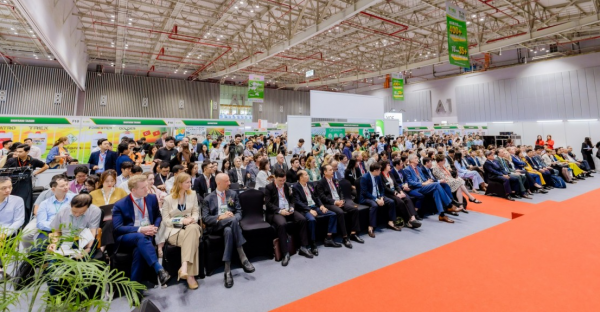

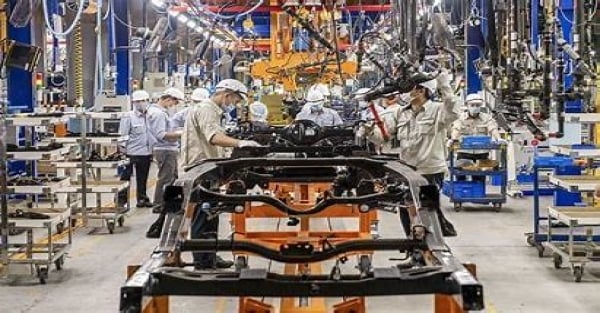


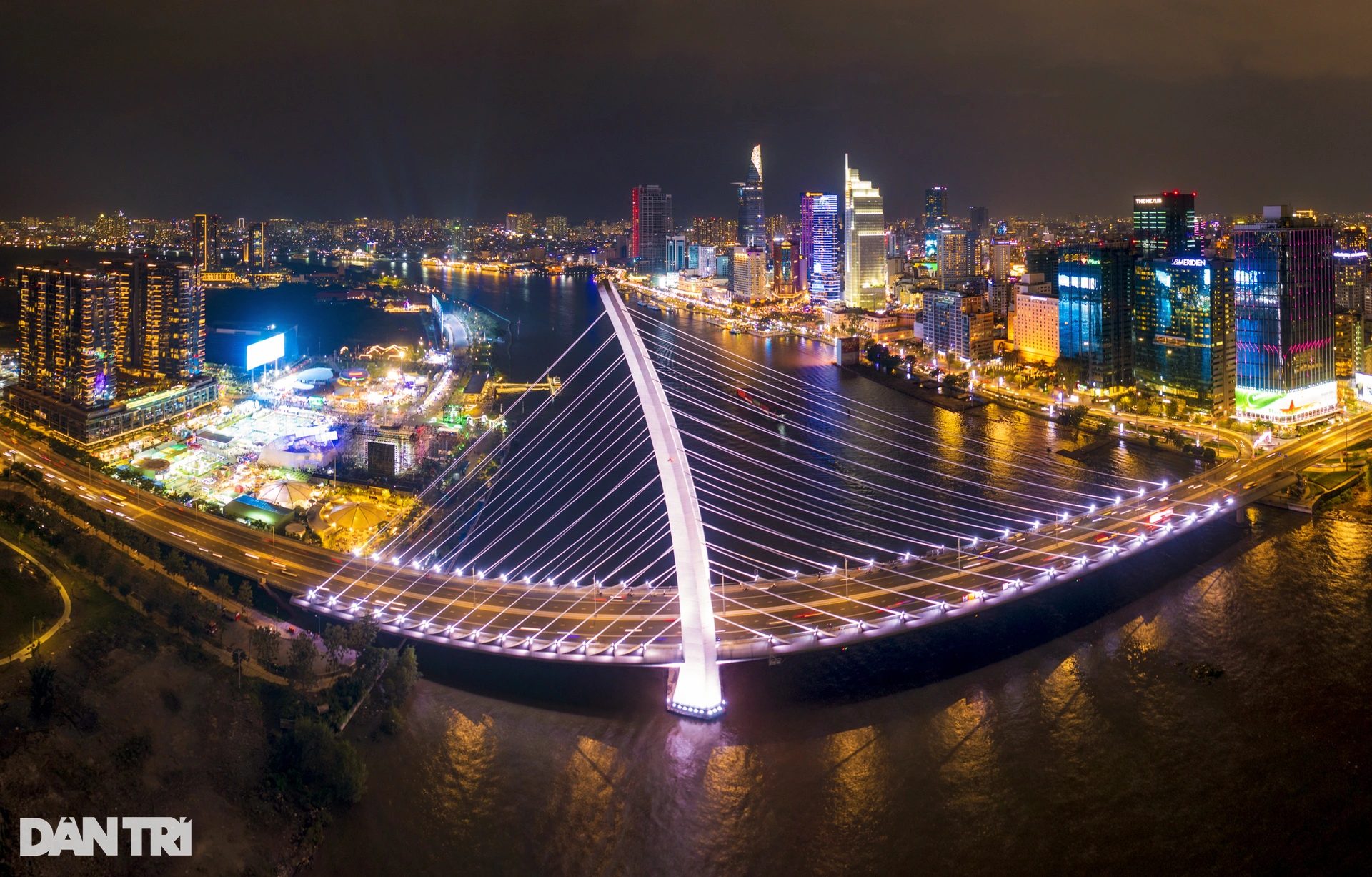





























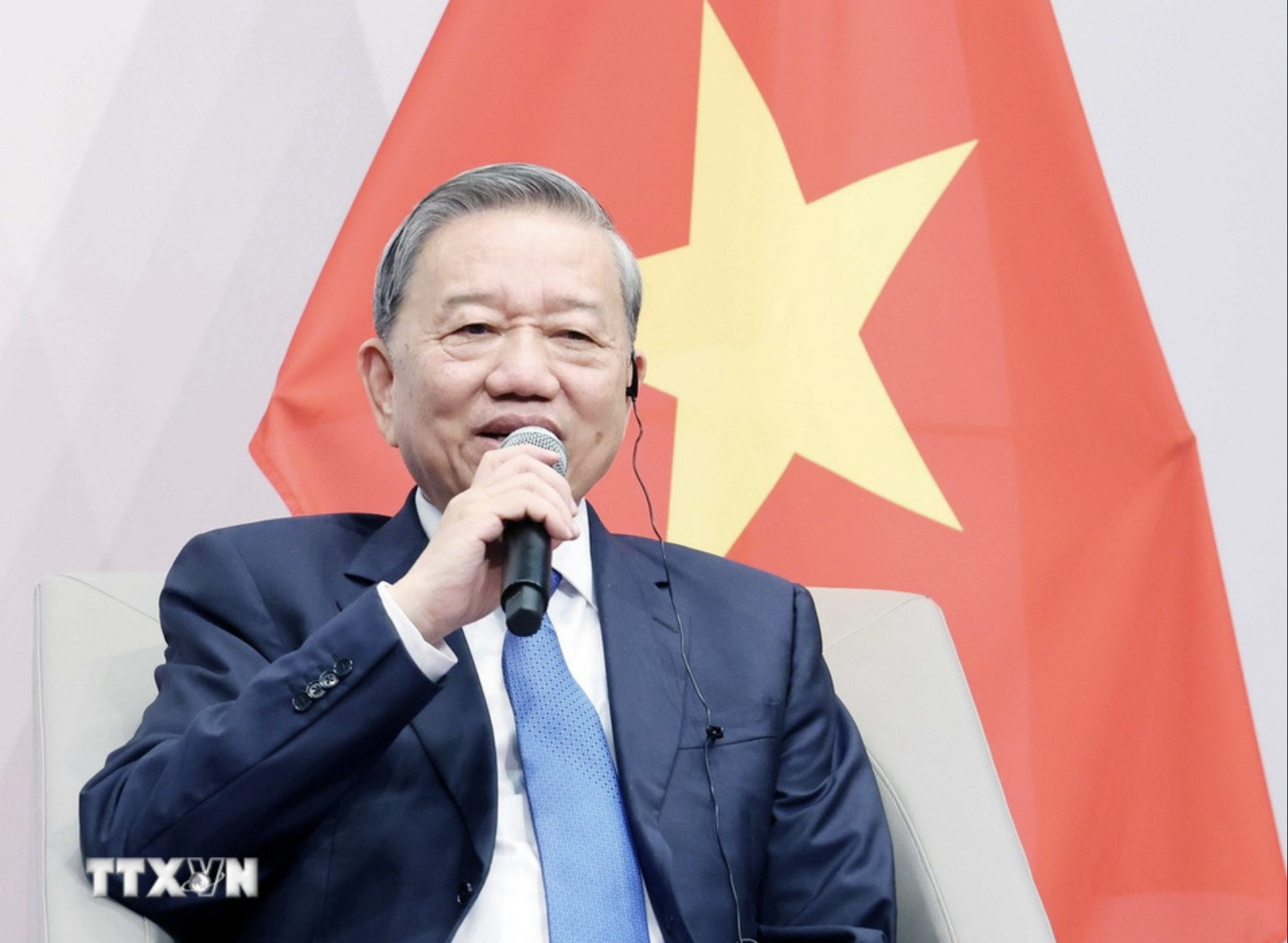







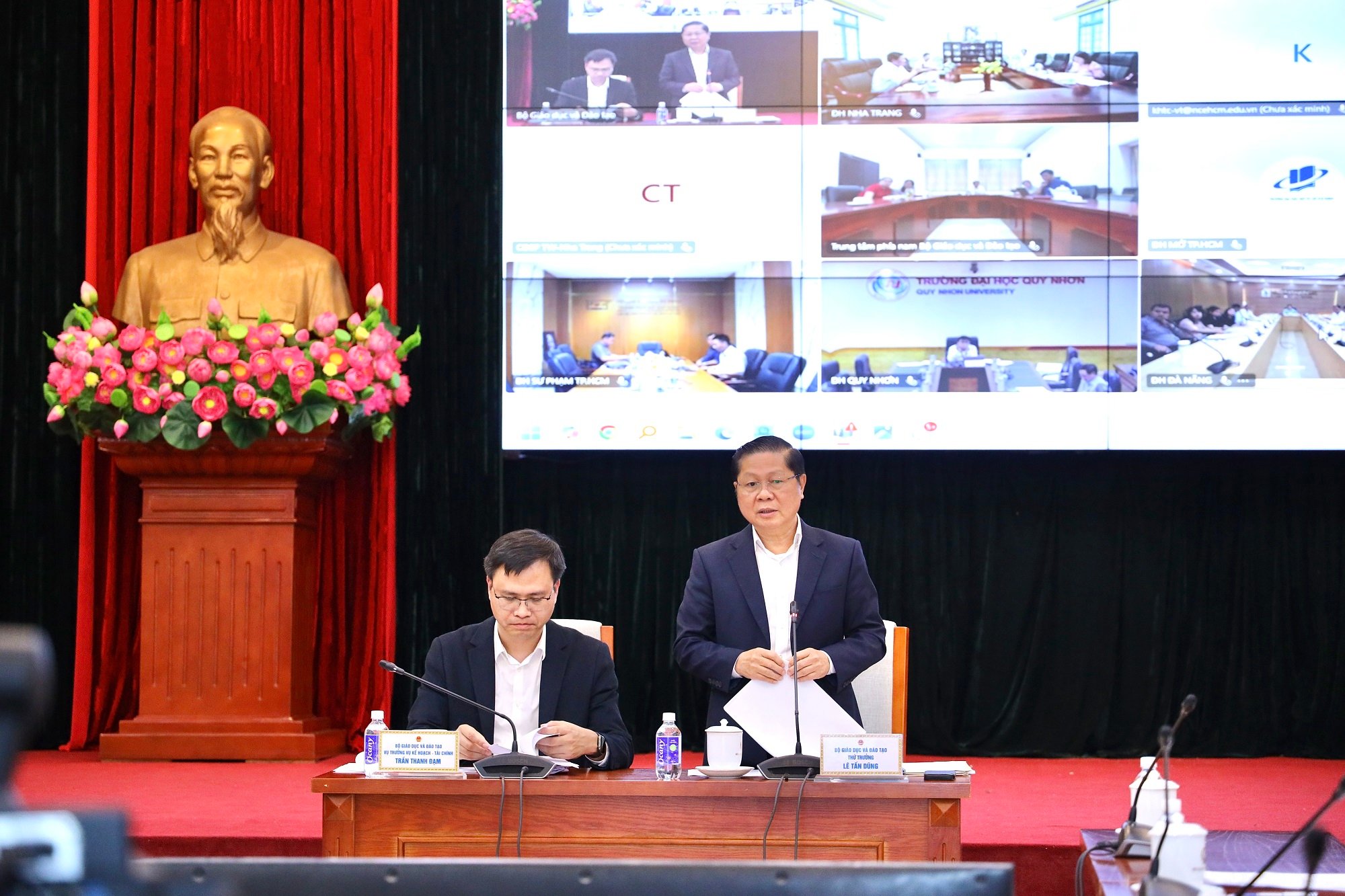

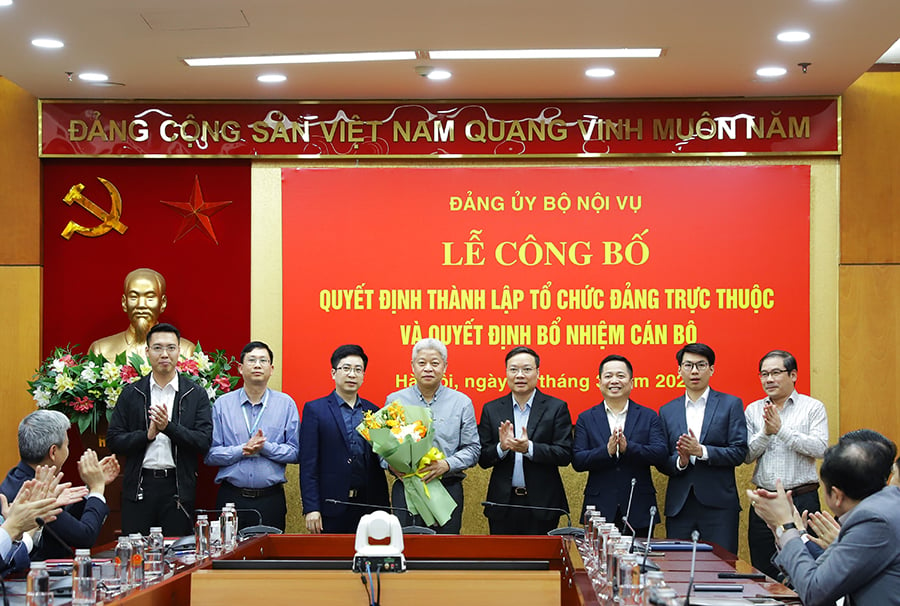


















Comment (0)